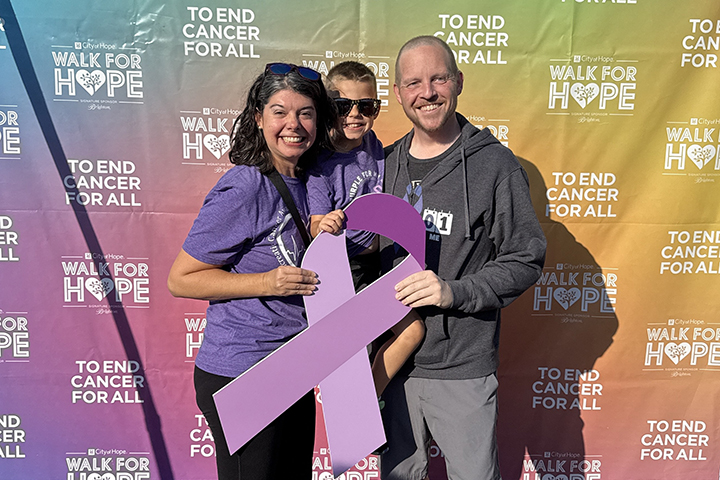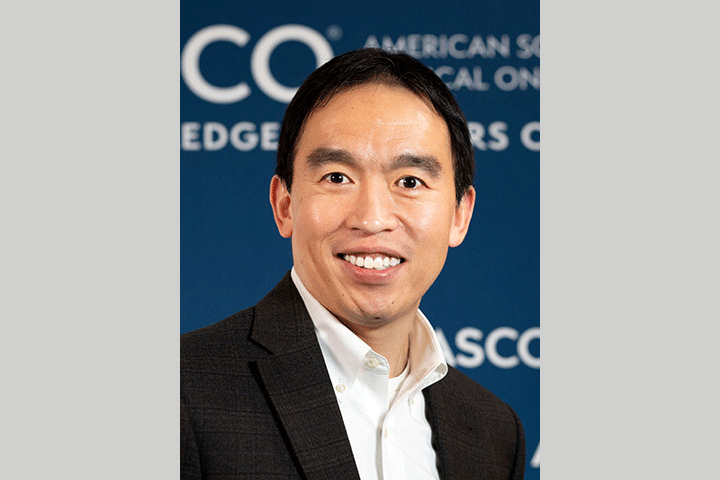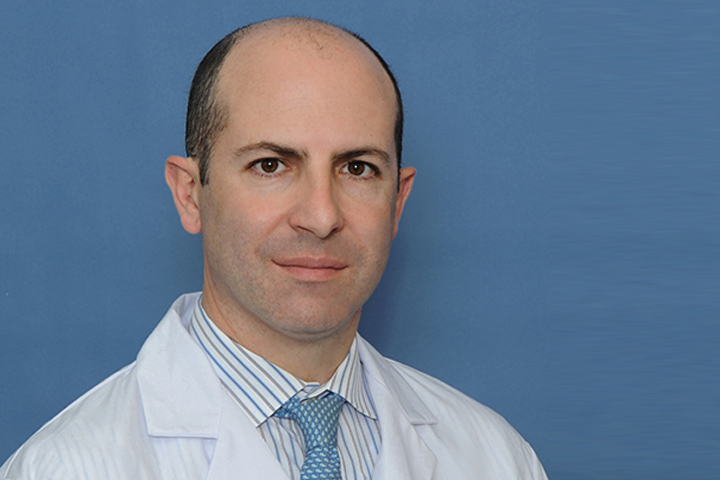A Registry for Those at Risk for Pancreatic Cancer

If you’ve lost relatives to pancreatic cancer, or you have a genetic mutation linked to the disease, you may have a genetic predisposition to pancreatic cancer.
Knowing this can leave people feeling helpless. Unlike breast cancer or colon cancer, there are no preventative screening options to help detect this deadly disease.
But there is something you can do. Throughout the US, doctors have created pancreatic tumor registries, which track people who have a genetic predisposition to the illness. By joining a registry, you can help doctors who devote their lives to researching pancreatic cancer.
Dr. Robert C. Kurtz founded the Pancreatic Tumor Registry at Memorial Sloan Kettering Cancer Center (MSKCC). Created in 2002, the registry tracks almost 2,500 study participants and continues to recruit new people.
Kurtz has been an internist and gastroenterologist with MSKCC for more than 40 years, which inspired the registry. “Being somewhat naïve, I decided that, if [colonoscopies] work for colon cancer, why can’t we look at screening high risk groups for pancreatic cancer, which so far has been resistant to pretty much everything,” he said. His hope is that these registries can eventually be used to validate early detection or screening options for pancreatic cancer.
Who’s Eligible to Join a Family Tumor Registry?
Each pancreatic cancer registry has its own eligibility requirements, but MSKCC requires that participants have either two or more close relatives with pancreatic cancer or a known genetic predisposition to cancer and at least one relative with pancreatic cancer.
Participants who have a genetic predisposition may include individuals who have a deleterious BRCA 1 or BRCA 2 gene mutation. Those mutations are more commonly linked to breast and ovarian cancer, but also increases a person’s risk of developing pancreatic cancer.
“The idea of screening a general population in the US for pancreatic cancer, which is a relatively uncommon cancer compared to lung, breast, and colon cancer—with only about 40,000 new cases a year compared to well over 100,000 or 200,000 cases—would not be a sensible thing to do,” Kurtz said. “So we tried to look at a population that perhaps has a greater chance of developing pancreatic cancer based on their family history.”
In addition to those at risk for pancreatic cancer, the study includes patients who have pancreatic cancer, as well as a control group of individuals who have no significant cancer history, no significant pancreatic cancer family history, and no cancer themselves.
What’s Required of Participants?
Participants in MSKCC’s family registry study can choose one of two options. The first is solely an interview process, which includes various family history and health questionnaires, plus an option to donate blood or saliva samples, which can help doctors study genes that might be related to pancreatic cancer.
The second is a surveillance program, which is only open to individuals over 45 years old. In addition to the interview process above, every 1-2 years, participants undergo a physical exam, as well as imaging which includes a special MRI of the pancreas and surrounding systems called a magnetic resonance cholangiopancreatography (MRCP), and possibly an endoscopic ultrasound (EUS). This will allow doctors to study whether these tests are helpful for early detection of pre-cancer or cancer in the pancreas.
For either option, Kurtz recommends that patients meet with a genetic counselor first to discuss their genetic testing results and the implications of participating in the study.
“Unfortunately, there isn’t really any significant benefit of doing current imaging on a regular basis that allows us to find pancreatic cancer at an early and more treatable stage,” Kurtz said. “We do find pancreatic cysts, which may be precursor lesions to some forms of pancreatic cancer, but right now the best we can do is follow these patients more closely and, in some cases, recommend surgery.”
The problem is that, compared to a 15- to 30-minute procedure to remove a colon polyp, removing a pancreatic cyst requires an operation that carries significant health risks, Kurtz explained.
“Every time you turn around, you kind of get stymied,” Kurtz said. “But I think there are a lot of bright people studying this disease, and they’re going to be able to figure it out as we go down the road.”
A Promising Future for Registries
While there are no clear-cut solutions for detecting pancreatic cancer, Kurtz hopes that eventually doctors will be able to use these registries to validate a biomarker. For example, perhaps researchers in the lab studying patients with pancreatic cancer will find a biomarker—a unique abnormality in a blood test that will predict pancreatic cancer risk. In order to validate that biomarker, researchers can see if it’s prevalent among registry participants. If so, that would be a huge leap in identifying individuals who are susceptible to, or perhaps in the very early stages of, pancreatic cancer.
“Having these databases will enable rapid screening and validation of potential biomarkers as they are identified,” Kurtz said.
To find other pancreatic cancer registries by location, Cancer Patients Alliance has developed a comprehensive list.
Learn about Sandra Wilke‘s experience participating in the National Familial Pancreas Tumor Registry at Johns Hopkins. The article “Understanding a Family’s Risk for Pancreatic Cancer” has more information about this registry.






